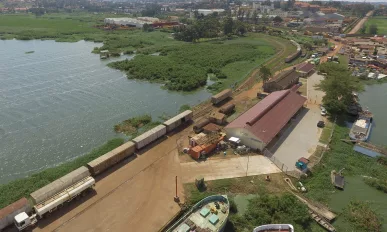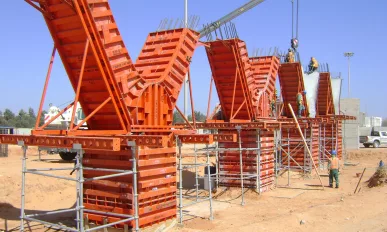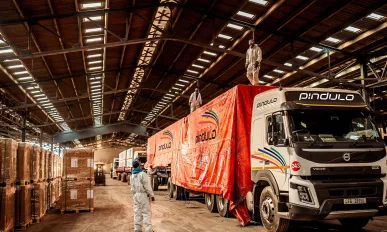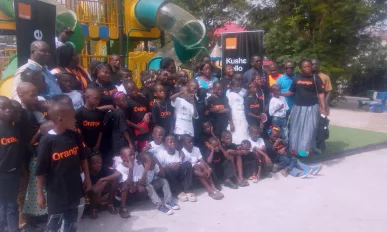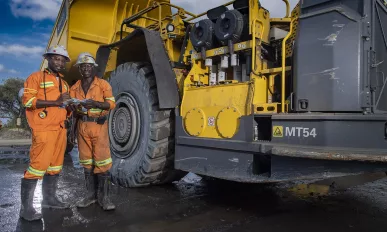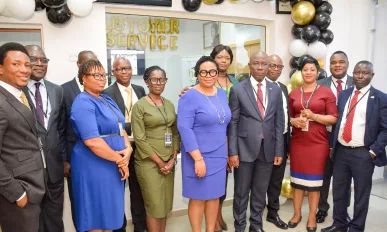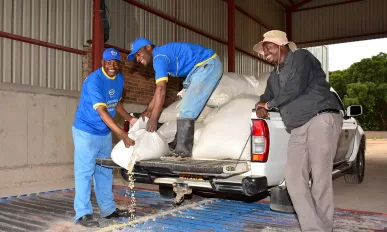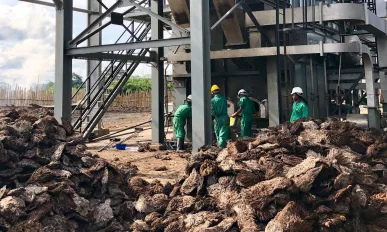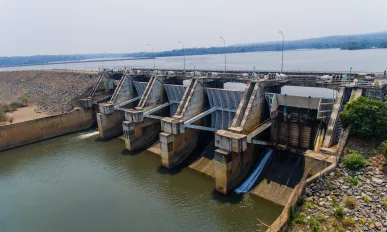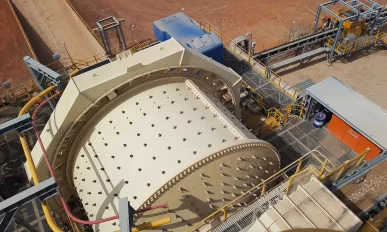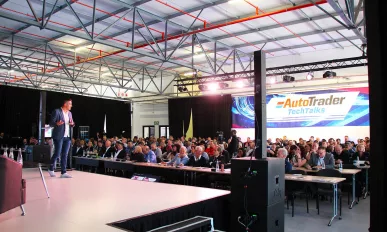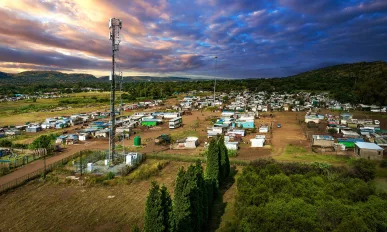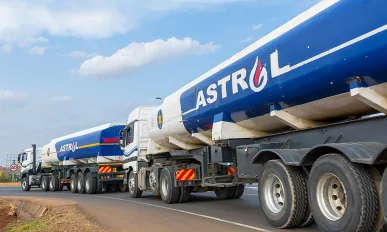Issue 73
Water Utilities Corporation Botswana : Water Turned Welfare
Through 800 boreholes, 3,700 employees and 500,000 connections, the Water Utilities Corporation Botswana is serving 2.5 million people.
United Millers : Feeding the Future
United Millers is catering to Kenya’s growing population by producing quality foodstuffs and supporting local farmers.
Uganda Railways Corporation : Reviving Railways
Uganda Railways Corporation is relaunching passenger and freight routes in a bid to revitalise a once forgotten form of transport.
RMD Kwikform 2019 : Supporting the New Generation
RMD Kwikform represents a new breed of resilient, reliable and robust supplier to South Africa’s construction industry.
Pindulo VDM : Multimodal Magnate
Pindulo VDM is building on a rich heritage by providing an integrated supply chain solution for clients across South Africa.
Orange Sierra Leone : Connecting Communities
Orange has been in Sierra Leone for just three years, yet it has already firmly stamped its footprint on the telecoms industry.
Mukuru : Diasporic Empowerment
10 years in the making, Mukuru has risen from a small concept African startup into a mobile money marvel of migration.
Mabiza Resources : A Nous for Nickel
Owed to continual investment, Mabiza Resources Ltd is edging ever closer to capitalising on the prize that is the Munali Nickel Mine.
Linkage Assurance : Awakening an Industry
Offering first-class, modern, bespoke indemnity products, Linkage Assurance is tapping into the vast potential of Nigeria’s insurance market.
Irvine’s Group : Empowering Entrepreneurs
Irvine’s Group continues to facilitate the growth of local chicken industries across several Sub-Saharan African countries thanks to its support of local growers through a one-stop shop supplier service.
Feronia : Socioeconomic Salvation in the DRC
Feronia is demonstrating how plantations can be the economic and social lifeblood of communities when they are run in the right way.
EGENCO : Malawi Reenergised
EGENCO represents a paradigm shift in the country’s electricity sector, a move which is facilitating welcome development and investment.
ECG Engineering : Consulting Across Continents
ECG Engineering is imparting reputed Australian expertise on multifaceted projects both at home and abroad, especially in West Africa.
AutoTrader South Africa : Driving Digital
Renowned as South Africa’s most trusted motoring marketplace for 27 years, AutoTrader SA is moving into an exciting, new, transformative era.
Atlas Tower Group : The Connectivity Catalyst
Atlas Tower has been driving wireless connectivity across the country, the firm looking to expand its reach both here and beyond.
Astrol Petroleum 2019 : Fuelling Enterprise and Empowerment
WIthin an ever-competitive market, Kenya’s Astrol Petroleum prides itself on quality, service and integrity to stand out from the crowd.





